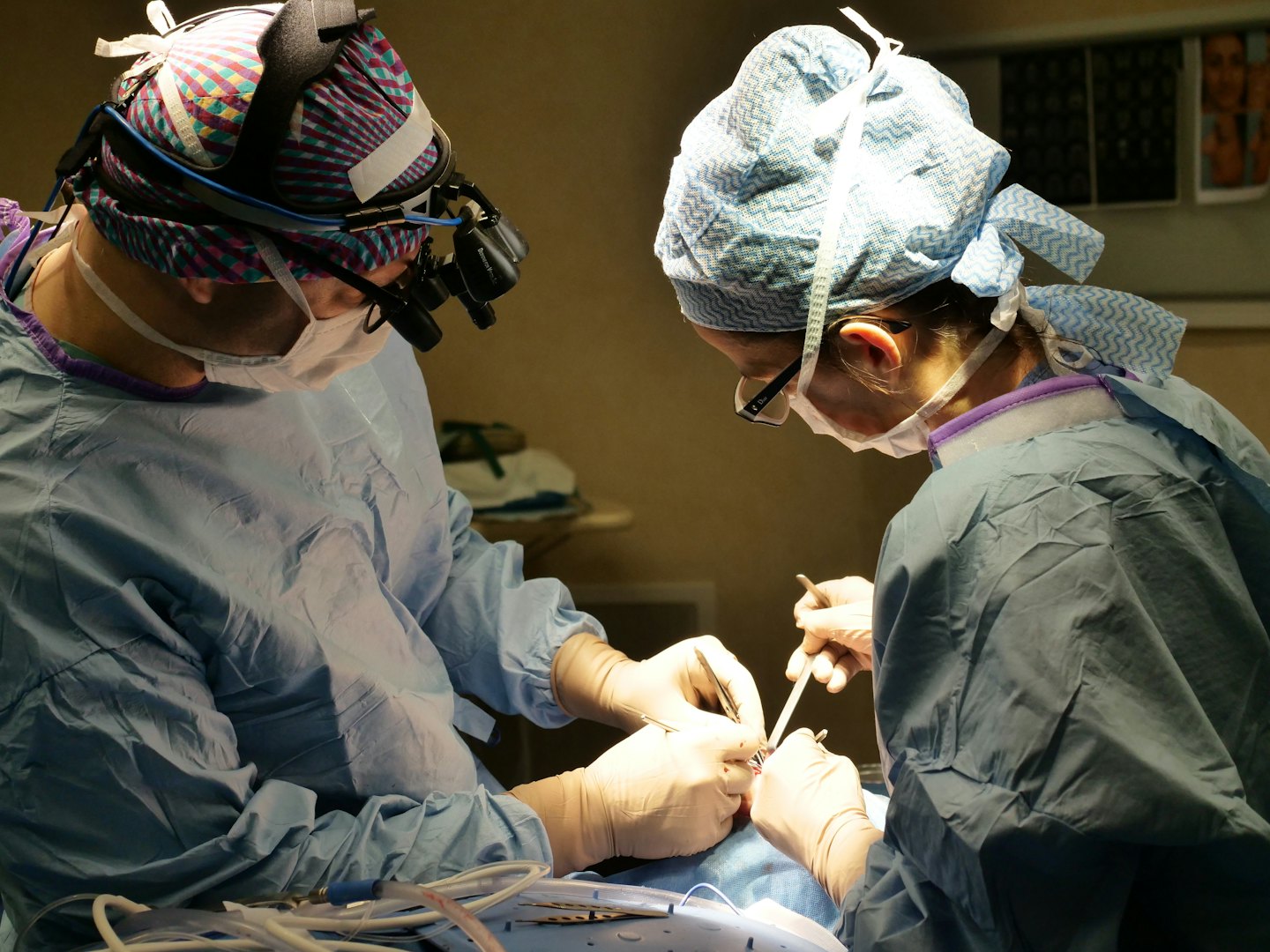Kidney Stone Evaluation at Southland Urology
Kidney stones are hard deposits made of minerals and salts that form inside your kidneys. They can be caused by various factors, including diet, dehydration, and certain medical conditions. While they may not cause symptoms while in the kidney, they can lead to severe pain, nausea, and blood in the urine if they begin to travel through the urinary tract. The size of the stone determines the treatment method, which can range from drinking plenty of fluids to medical procedures like lithotripsy or surgery.

Advanced Treatments
Our expert surgeons use non-surgical and surgical management options for the various causes of kidney stones.

Personalized Plans
We tailor your care to your unique diagnosis for optimal health and recovery.

Comprehensive Diagnostics
Accurate testing and evaluation to pinpoint the cause of your kidney stones.
Understanding Kidney Stone Evaluation
Learn about our tailored approach to diagnosing and treating kidney stones with compassionate support every step of the way.
Initial Consultation and Diagnosis
Meet with our board-certified urologists to assess your condition through thorough exams and advanced diagnostic tests.
Personalized Treatment Planning
Work closely with our specialists to develop a treatment strategy that fits your specific issue and goals.
Ongoing Care and Support
Receive expert follow-up care, monitoring, and support to ensure the best possible outcomes throughout your recovery.
Understanding Kidney Stones
Kidney stones are hard, crystal-like masses that form in the kidneys. They are a common urological condition, affecting millions of people worldwide. These stones can vary greatly in size, from as small as a grain of sand to as large as a golf ball. While some stones may pass without intervention, larger stones can become lodged in the urinary tract, causing excruciating pain and potential complications.
Causes and Risk Factors
The formation of kidney stones is often a complex process, but it is primarily linked to a lack of proper hydration. When your urine is highly concentrated, minerals and salts are more likely to clump together and form crystals. Other risk factors include a diet high in sodium, protein, and sugar; obesity; and a family history of kidney stones. Certain medical conditions, such as inflammatory bowel disease, chronic urinary tract infections, and gout, can also increase your risk.
Types of Kidney Stones
Kidney stones are categorized by the type of mineral they are made of. The most common type is calcium oxalate stones, which account for about 80% of all kidney stones. They are often linked to high calcium and oxalate levels in the urine. Uric acid stones are the second most common type and are often associated with high-protein diets and gout. Other, less common types include struvite stones, which are often a result of chronic urinary tract infections, and cystine stones, which are caused by a rare genetic disorder.
Diagnosis
Diagnosing kidney stones typically begins with a physical examination and a review of your symptoms. Your doctor may order several tests to confirm the diagnosis and determine the size, location, and type of stone. Urinalysis can detect blood in the urine, while blood tests can check for high levels of calcium or uric acid. Imaging tests, such as a CT scan, ultrasound, or X-ray, are crucial for visualizing the stones and planning a course of treatment.
Treatment: Non-Surgical Options
For small kidney stones, a non-surgical approach is often sufficient. The most common recommendation is to drink plenty of water—at least 2 to 3 quarts per day—to help flush the stone out of your system. Your doctor may also prescribe pain medication to manage discomfort and alpha-blockers to relax the muscles in your urinary tract, which can help the stone pass more easily.
Treatment: Surgical and Other Procedures
When kidney stones are too large to pass on their own or are causing complications, surgical or minimally invasive procedures may be necessary. Extracorporeal Shock Wave Lithotripsy (ESWL) uses sound waves to break the stones into smaller pieces that can be passed naturally. Ureteroscopy involves a thin, flexible scope passed through the urethra and bladder to remove or laser-break stones in the ureter or kidney. For very large or complex stones, a percutaneous nephrolithotomy may be performed, which involves a small incision in the back to directly remove the stones from the kidney.

Schedule Your Consultation Today
Take the first step toward personalized kidney stone evaluation with our expert team.
